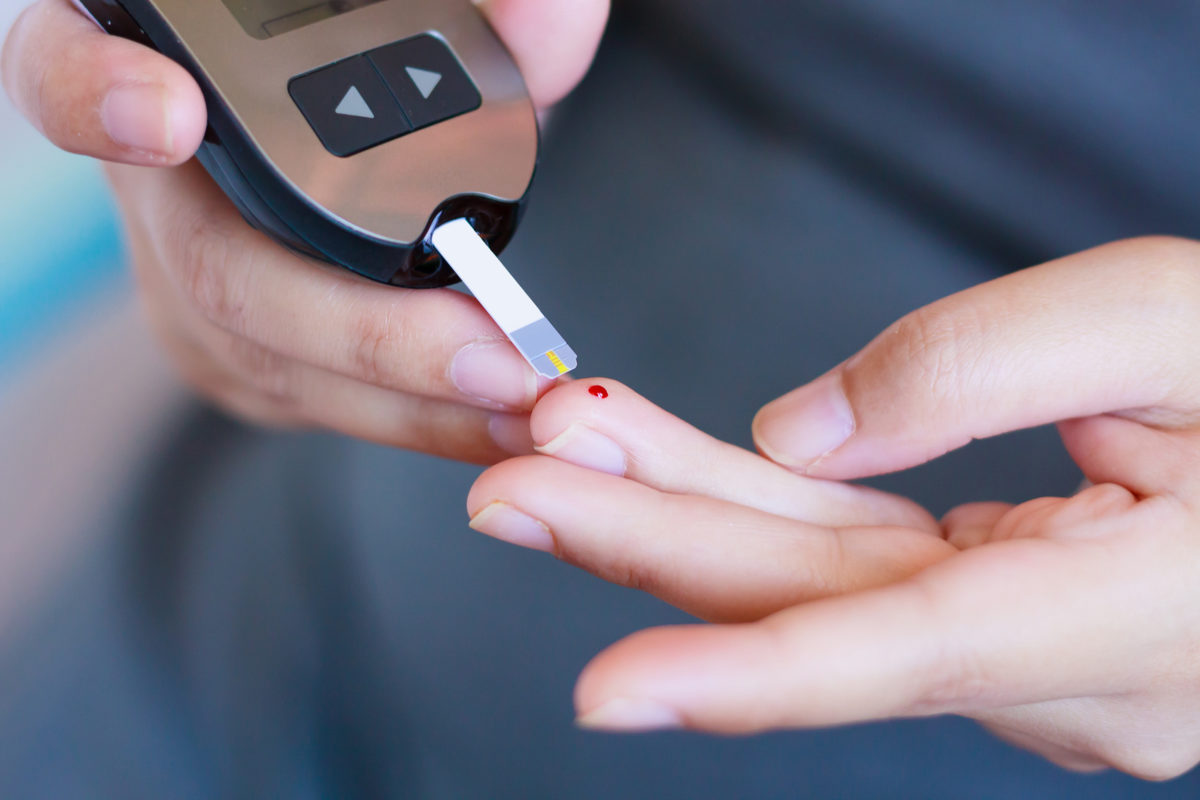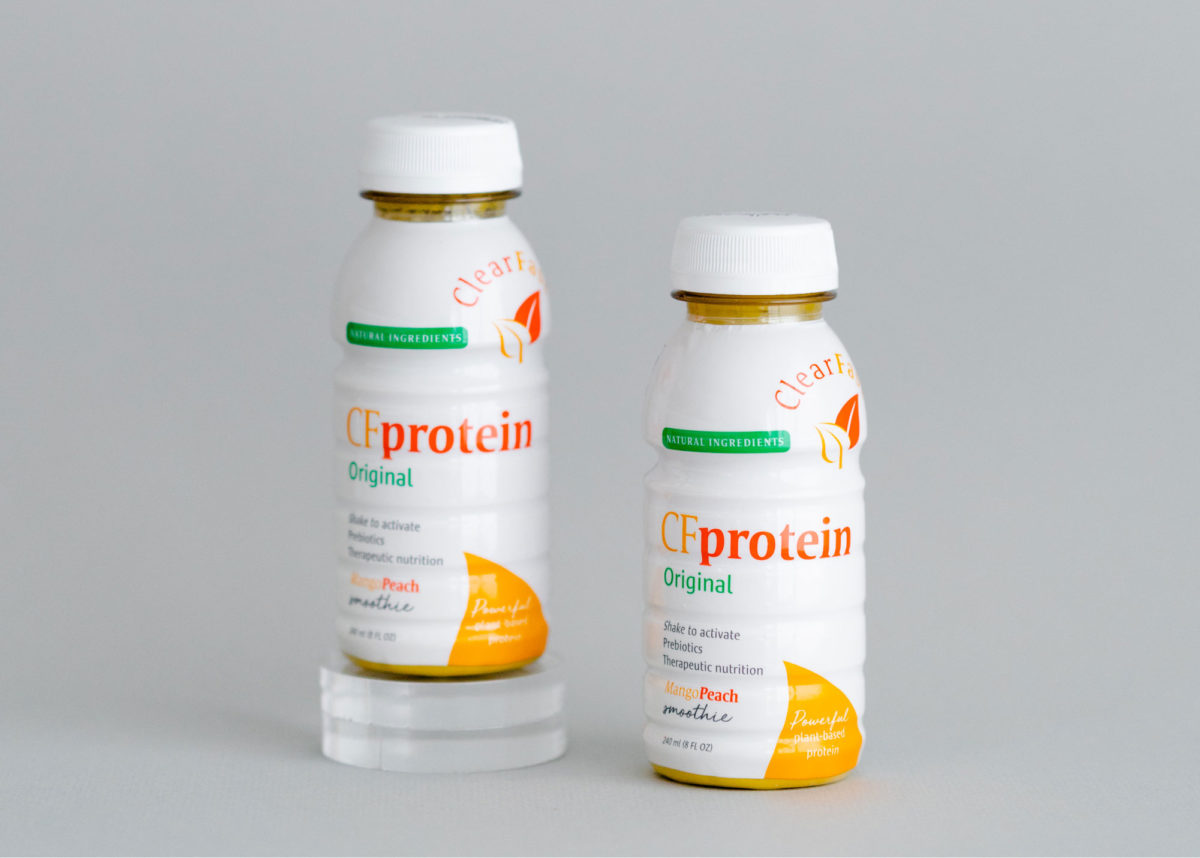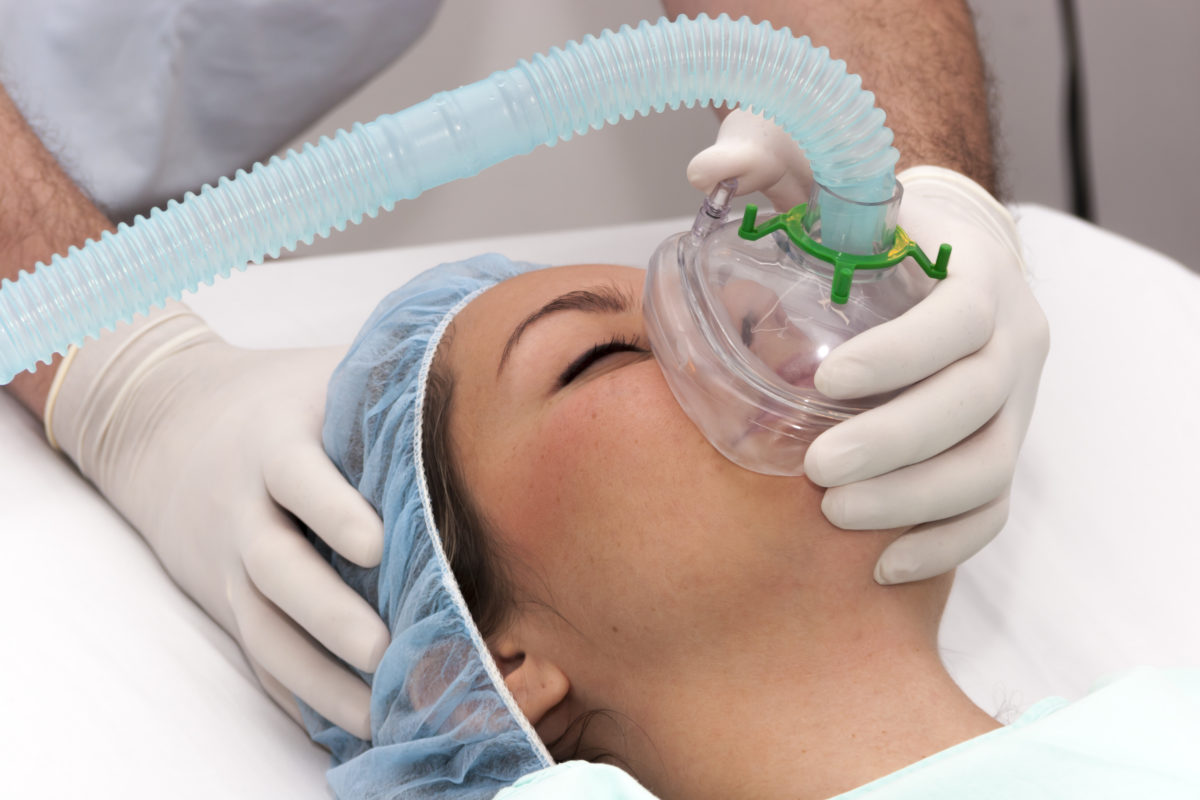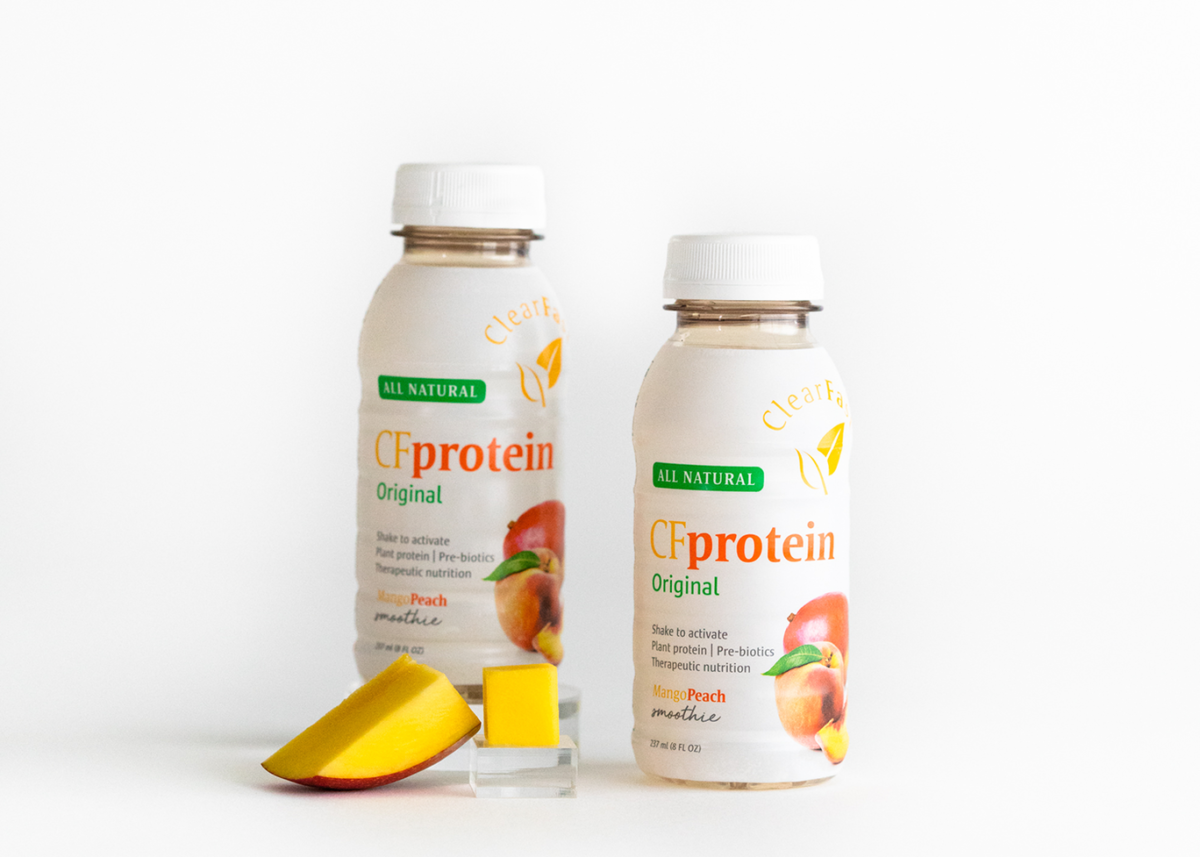While every surgery requires preparation, preparing for orthopedic surgery is in a league of its own. With limited mobility and prolonged recovery periods, the thought of going under for orthopedic surgery can be daunting—especially for those who are typically very active and independent. Fortunately, there are some helpful steps you can take in advance to ensure your surgery is successful and your recovery is as smooth (and as fast!) as possible. Today, then, we’re breaking down our top 5 pro tips for preparing for orthopedic surgery. Read on for an empowered operation.
- Get educated about your surgery.
A successful surgery always starts with patient empowerment. This means arming yourself with the information you need to make smart choices and address any lingering issues regarding your upcoming procedure. We recommend taking some time to sit down and write out a list of questions to ask your surgeon before you get to your preop appointment. Have your questions prepared—and make sure you bring along a pen and paper or a device to record your doctor’s answers. Questions you may want to ask include:
- What time will I need to arrive for my surgery?
- What is the overall goal of the surgery?
- How will the surgery be performed, and who will be performing it?
- Have you performed this surgery before and, if so, what were the results?
- What type of anesthesia will I be administered, and who will be administering it?
- Will I need to stop taking my medications before my surgery and, if so, when should I stop?
- Will I be given a prescription for pain meds so I can pick those up in advance?
- What are the possible risks of my operation?
- How long will the procedure take?
- What can I expect to experience during my recovery period?
- When can I expect to start physical therapy?
- Educate your physician about your personal state.
When it comes to preparing for orthopedic surgery, education goes both ways. While doctors do their absolute best to give every case the attention it deserves, they are also human—being overworked or having a packed schedule might lead to some things slipping through the cracks. As a patient, be your own advocate by coming prepared to your preop appointment with all of the information your doctor may need to perform a successful orthopedic surgery. This includes:
- A clear outline of your medical history
- A clear outline of your family history
- A list of any allergies, sensitivities, or reactions to medications
- Information about how you’ve responded to anesthesia in the past, if applicable
- A list of your current medications and the daily dosage
- Any x-rays, lab tests, or notes that pertain to your current condition
- Your pharmacy’s address and phone number
- Work on your fitness and flexibility.
While it’s tempting to want to wait until after your surgery to start getting active, working on your fitness and flexibility before you go under the knife is one of the most effective ways to shorten your recovery period. Being physically fit before an orthopedic procedure will also help you get through physical therapy more seamlessly after surgery. If possible, contact your physical therapist’s office ahead of time and ask if they can offer up notes on a presurgery routine for your specific type of orthopedic surgery. Work with resistance bands, a Bosu ball, or any other tools they recommend that help increase flexibility and strength.
- Maintain or achieve a healthy weight.
Being overweight can put a ton of undue pressure on your joints. Getting healthy and achieving (or maintaining) a healthy BMI before your procedure then, is one of the most effective things you can do to ensure a successful surgery and recovery. We recommend working CF Protein, our plant-based protein drink, into your presurgery nutrition plan—it’s a smart, simple way to ensure you’re getting the specific type of nourishment and minerals your body requires before going into surgery without overeating. In addition, opt for a diet that incorporates lots of fiber, Omega 3, and complex carbs—and reduce your intake of simple sugars and meats with a high fat content.
- Plan for your recovery.
Who’s going to help you recover? Who will drive you places? Is your home or recovery location going to be functional for you? Have you picked up any necessary prescriptions in advance? These are all things to take note of before you head into surgery so you’re not stuck scrambling as you recover. If your home is multiple stories, you may want to gather everything you’ll need and prepare a recovery space on one single floor so you don’t have to tackle the stairs every day. You can also move overhead, hard-to-reach kitchen and bathroom items onto an easy-to-reach counter space. And be sure to remove any tripping hazards (rugs, cords, etc.) from high-traffic areas. In addition, consider nutritional steps you can take to make your recovery easier. We recommend ordering ClearFast PreOp, our anesthesiologist-developed presurgery drink that’s specifically designed to reduce your risk of surgical infection, reduce post-op nausea and vomiting, and shorten your recovery period. Be sure to order enough bottles for both your preparation and recovery period—and refrigerate your ClearFast PreOp beforehand for optimal taste!
(Psst…wondering if ClearFast PreOp is safe to drink if your doctor told you to fast before surgery? As long as you finish your final bottle two hours before your surgery, it’s not only safe—it’s actual proven to lead to safer surgeries than fasting all together. Learn more about why that’s the case here!)
—————————————
Overall, preparing for orthopedic surgery is all about taking proactive steps to ensure a safe procedure and a strong recovery. As part of this, we recommend talking to your doctor about replacing the from-midnight fast with a ClearFast PreOp liquid fast instead. With her approval, you can order ClearFast Preop here. And, as always, don’t hesitate to reach out to the ClearFast team at support@drinkcf.com if you have any questions at all!










